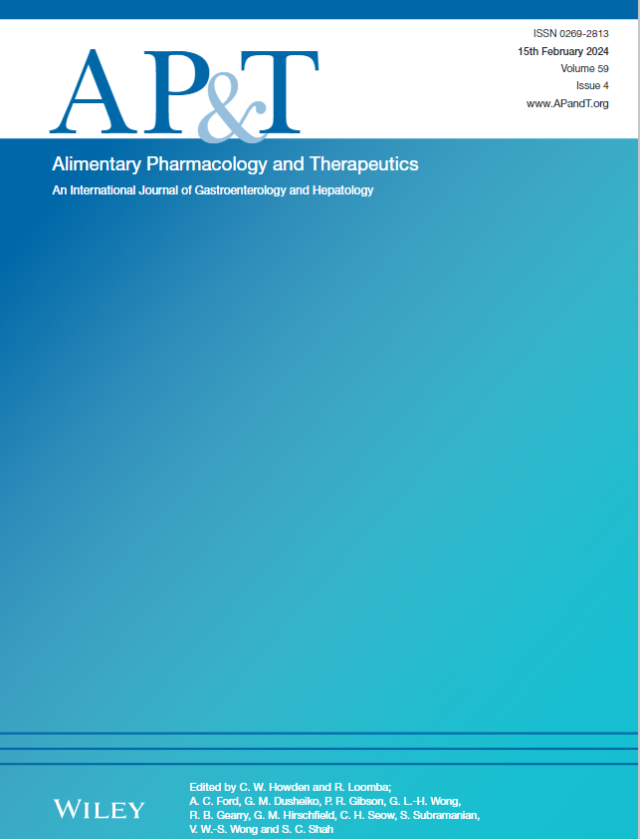Review Article: Individualised Management of Reflux-Like Symptoms—Strategies Beyond Acid Suppression
Abstract
Background
Reflux-like symptoms and reflux oesophagitis are often perceived as having the same acid-related aetiology and responsiveness to antisecretory therapy. However, the frequency of residual symptom reporting on proton pump inhibitor (PPI) therapy suggests the two entities have some differential pathophysiological determinants requiring distinct management approaches.
Aims
To examine the complexities of reflux-like symptom pathophysiology and strategies that may be used to target contributing factors beyond acid reflux.
Methods
A panel of ten expert clinicians (primary care, gastroenterology and psychology) held a series of online meetings to share perspectives on the underlying contributors to, and management of, reflux-like symptoms when PPIs are ineffective or provide partial relief. This review summarises the agreed key themes that emerged from the expert discussions.
Results
While degradation of the anti-reflux barrier dominates in reflux oesophagitis, cognitive-affective, behavioural, and other psychosocial factors can play a major role in symptom persistence. These require individualised management strategies, beginning with education on the gut-brain connection and expectation setting with regard to PPI therapy. A detailed clinical history and patient-reported outcome tools that measure symptom burden and associated anxiety/hypervigilance can help guide management using brain-gut behavioural therapies, supported diet/lifestyle modification, diaphragmatic breathing, weight loss, and/or on-demand symptom control measures according to a patient's specific needs.
Conclusions
A paradigm shift in reflux-like symptom management is required such that acid suppression is viewed as one of several interventions that can be utilised as part of a phenotype-driven, individualised approach to care that acknowledges the multiple contributors to symptom burden.



 求助内容:
求助内容: 应助结果提醒方式:
应助结果提醒方式:


